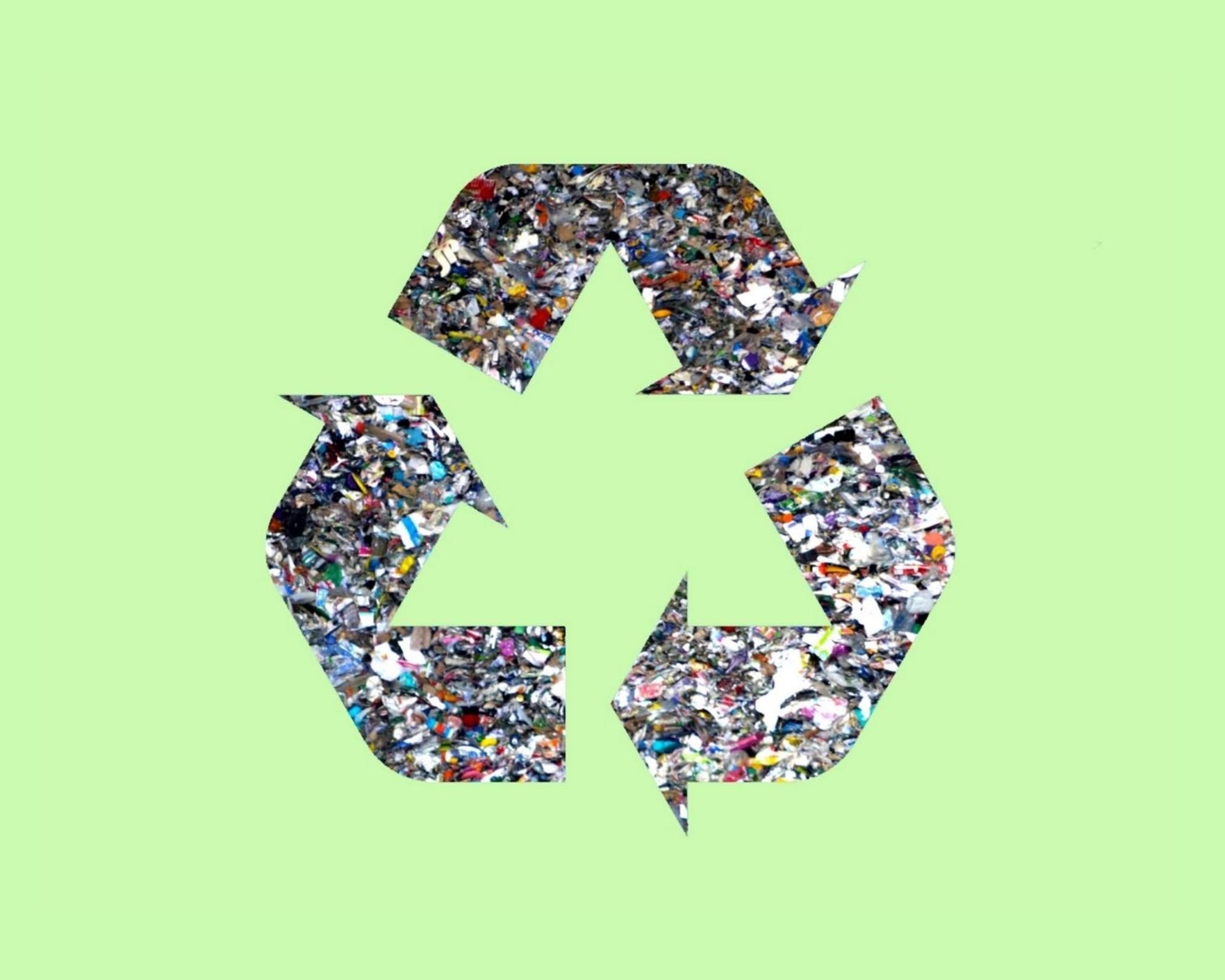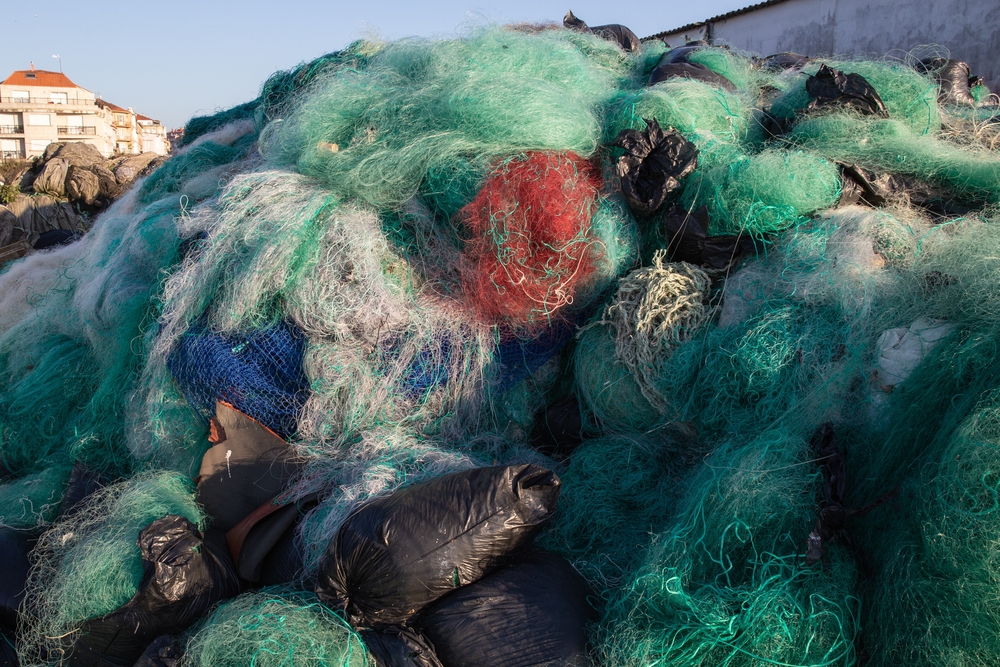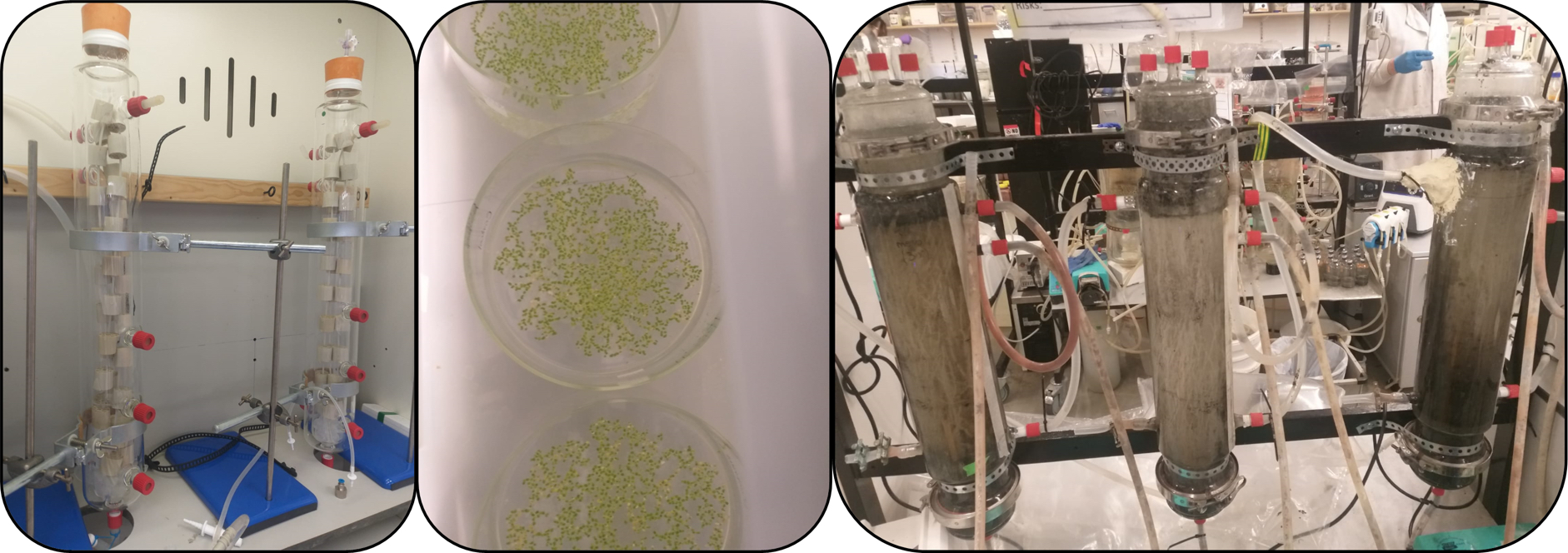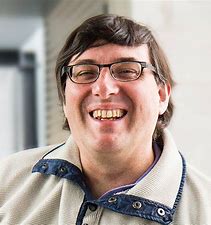
Transforming Waste into Energy – The Transition to a Circular Bioeconomy
Many of us are now familiar with the concept of sustainability proposed by The United Nations Brundtland Commission: sustainability is that which meets “…the needs of the present without compromising the ability of future generations to meet their own needs.” Economic growth, social inclusion and environmental balance were central to this model, with the later addition of ‘culture’ at the World Summit on Sustainable Development in 2002. Brundtland’s definition acted as a catalyst for change, but does it get to the heart of the problem?
The second most widely accepted definition from Swedish researcher Karl-Henrik Robèrt recognises the root of climate change, i.e., that humans have interfered with natural processes, primarily through processes that promote linear economy. The result? Waste generated and dumped at an unprecedented rate, at both visible and molecular levels. Robèrt proposes the replacement of all linear processes with cyclical processes that will eventually become in sync with the earth’s natural cycles. Continuing with a linear model of production and waste will disrupt the earth’s natural cycle, resulting in a twin environmental crisis of resource scarcity and waste overload.
The concept of a circular economy is based on three principles: eliminating waste and pollution, circulating products and materials at their highest value and regenerating nature. A transition of this scale involves scientific and technological innovation. And not only innovation, but also tools that will comprehensively assess the value of these new technologies, considering environmental, social/cultural and economic factors. The United Nations’ development goals were a good start – a blueprint to work on eight key areas, up until 2015. In 2016, the United Nations then committed to 17 sustainable development goals (UN SDGs) as part of the 2030 Agenda, an ambitious 15-year plan to eradicate poverty, protect the environment and improve the quality of life around the world.
Sustainability is one of NUI Galway’s four core values underpinning the 2020–2025 Strategy, and we in the department of microbiology at the Ryan Institute have been investigating microbial processes that make a circular economy possible. Throughout my career as a professor and researcher of New Energy Technologies, I have worked to discover ways of converting organic waste into energy, either by discovering new microbial species or by applying conditions in bioreactors at which the microbial communities function optimally

Using Microbes to Extract Resources from Waste
The dairy industry is a huge producer of waste in Ireland. Through our research, we also identified distillery, agro-industrial, marine and mining waste as key industries in Ireland that produce waste which disrupts the earth’s natural cycle. Using anaerobic digestion technology, we break down organic matter and convert it into biogas and bio-fertiliser. We do this by employing microbes in the absence of oxygen. Our research group is working to uncover the potential of these wastes as a feedstock to generate bioenergy. Experimental results have so far been convincing that these waste resources will act as a critical feedstock for producing bioenergy and other high value chemicals. These emerging technologies will play an important role in delivering Ireland’s national development plan as well as the climate action plan 2021–2030.
It’s great to be able to work at a vibrant, research-led university like NUI Galway, where we can make small, concrete steps towards solving these big societal challenges. A lot of our research is undertaken at laboratory scale (see images below), yet these experiments show over and over again that the microbial technologies do work and have great promise in enabling a circular economy. The critical factor is the business case; it is difficult for new biobased technologies to compete with existing, petrochemical based processes that have been optimised for over 100 years.

To make anaerobic digestion technology economically efficient and kind to the environment, we are also developing several optimisation strategies in the lab. Collecting and processing wastes generated from the likes of the dairy and distillery industry brings us one step closer to developing an industrially relevant process. Along with bioenergy, the wastewater or industrial waste is also processed and extracted as a bio-fertiliser – creating a closed-loop, zero-waste strategy fit to support the circular economy.
Developing Fuel Alternatives
Another central feature of a circular economy are biobased materials, renewable materials derived from living matter, rather than depleting fossil fuel reserves. Our research group is now working on several biorefinery models that offer a sustainable and green option to produce marketable bio-based products, a viable substitute for petroleum-based products. Volatile fatty acids, biopolymers, and hydrogels are a few of the bioproducts we are researching.
A new avenue is the development of inorganic biorefineries, an increasingly useful tool as we begin to use more and more critical metals in technologies that help fight against climate change, e.g., photovoltaic cells and electric cars. Inorganic biorefining is intriguing because most of the research groups around the globe are involved in organic biorefinery; recovery of inorganics has been an abandoned goal due to the complexity and refractive nature of inorganic waste. Luckily, our research is now gaining momentum, and these inorganic resources are being recovered as nanoparticles, quantum dots and other nanostructures for a range of applications as nanosorbents, nanocatalysts and imaging applications. For instance, drainage water from mines can contain heavy metals such as cadmium, zinc or lead, as well as selenium. Specialised bacteria occurring in nature can convert the selenium and combined with the heavy metals, they form quantum dots in our bioreactors. Upon harvesting, these can then be used for medical imaging applications.
Our research group is indeed, going a step further, combining organic and inorganic waste as feedstock to treat these different types of waste by a single treatment system. It is difficult for people to think of their waste as anything other than disposable. In developing the value of waste materials through biorefining, we hope to shift industrial production cycles towards a more circular model.
An Accelerated Transition
Across the globe, different sectors are working and advocating for sustainable development, and great progress has been made in meeting the UN SDGs. Still, the pace at which the actions are carried out needs to be accelerated. The transitions from a linear to a circular economy in particular, and from a fossil-resource to bio-based economy, are still in their infancy – mostly under the research stage. What can we do to accelerate these transitions? Firstly, we need an action plan to promote cross-country collaboration through technology transfer to create mutual benefits and momentum. Secondly, links between industry and academia need to be further nurtured to envision the future of sustainable development.
The urgency of these transitions to address climate change and at the same time, to stimulate our economy, are now recognised at all levels in our country, as indicated in the recent Impact 2030 report on Ireland’s research and innovation strategy. This report also highlights exciting new funding mechanisms for research (mission-oriented and challenge-based funding). Initiatives like these will play a key role in making research and innovation activities more accessible to policymakers, enterprise and citizens. With the right support, accessibility of research and international collaboration, we are well on our way to making the circular economy a reality.
References
Campbell, D. A. (2017). An update on the United Nations millennium development goals. Journal of Obstetric, Gynecologic & Neonatal Nursing, 46(3), e48-e55.
Giampietro, M. (2019). On the circular bioeconomy and decoupling: implications for sustainable growth. Ecological economics, 162, 143-156.
Johnston, P., Everard, M., Santillo, D., & Robèrt, K. H. (2007). Reclaiming the definition of sustainability. Environmental science and pollution research international, 14(1), 60-66.
Kagan, S., Hauerwaas, A., Holz, V., & Wedler, P. (2018). Culture in sustainable urban development: Practices and policies for spaces of possibility and institutional innovations. City, Culture and Society, 13, 32-45.
Mensah, J. (2019). Sustainable development: Meaning, history, principles, pillars, and implications for human action: Literature review. Cogent Social Sciences, 5(1), 1653531.
Rivas, D. F., Boffito, D. C., Faria-Albanese, J., Glassey, J., Afraz, N., Akse, H., … & Weber, R. S. (2020). Process intensification education contributes to sustainable development goals. Part 1. Education for Chemical Engineers, 32, 1-14.
Profiles

Piet Lens is an established Professor of New Energy Technologies, recruited to NUI Galway via the SFI research professorship programme on Innovative Energy Technologies for Biofuels, Bioenergy and a Sustainable Irish Bioeconomy (IETSBIO³).
He is founding Editor-in-Chief of the Review Journal “Re/Views in Environmental Science and Bio/Technology” and founding editor of the IWA Publishing series “Integrated Environmental Technology”.